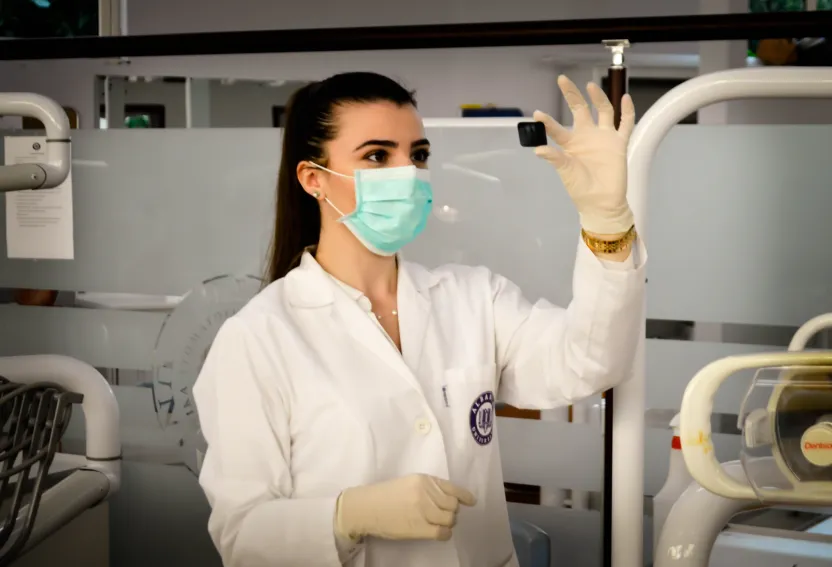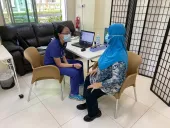
Almost 70% of rare disease patients receiving poor medical attention
Funding for testing and treatment, among others, was cited as the reason behind the inefficiencies across Asia-Pacific.
Two out of three rare disease patients in the Asia-Pacific region do not get the best possible medical care and support, an Economist Intelligence Unit (EIU) report has revealed. The report identified the core reasons behind this inefficiency was a lack of clinical practice guidelines, regulatory-approved medicine, and funding for rare disease testing and treatment.
The survey, carried out by EIU and sponsored by CSL Behring, was conducted on 503 healthcare professionals and 16 industry experts across Australia, China, Japan, South Korea, and Taiwan between November and December of 2019. Among the respondents, 34% did not know the clinical definition of rare diseases, 35% did not know of a national rare disease policy in their country, and 14% had never encountered such patients.
Healthcare professionals said they were not adequately equipped with the knowledge or tools to diagnose and manage rare diseases. The greatest challenge, according to the survey respondents, was to obtain a correct diagnosis within a reasonable timeframe. Fragmentation of care is reported to be another critical issue. The respondents also suggested support for quality of life, autonomy, and rights were weak aspects of care provision.
The EIU report has also found that the emergence of policy responses to more comprehensively address rare diseases was being seriously hampered due to a lack of comprehensive data on the incidence and prevalence of rare diseases, as well as a lack of a unified rare disease definition.
Currently-achievable or near-term goals identified by the research include better collection and use of data, enhanced education, broader dissemination of available knowledge and integration of patient care through increased national or international collaboration.













 Advertise
Advertise













